Sections and Offices
The combined resources and technical expertise of leading scientists at PADLS laboratories provide state-of-the-art diagnostic technology. This technology supports veterinarians’ efforts to advance animal and public health initiatives, and support producers in assuring a safe, secure, and abundant food supply.
Test request/submission forms for the laboratories listed below can be found on the State PADLS website.
State PADLS Links and Forms
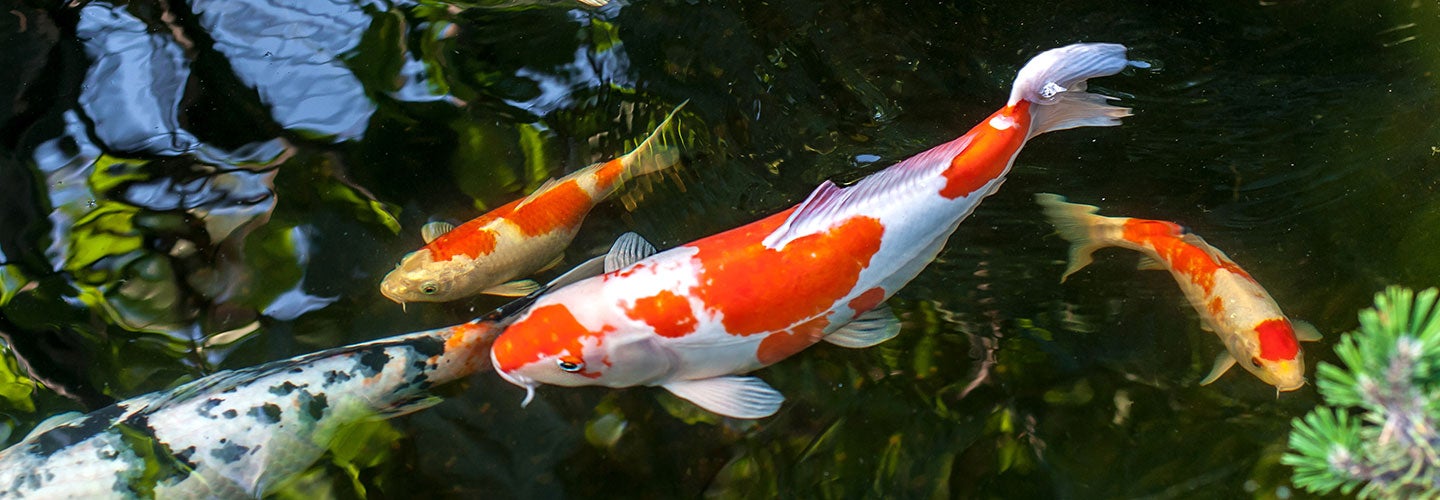
Aquaculture—PADLS
The Aquaculture Laboratory provides necropsy and diagnostic testing of commercial and ornamental fish. With a facility at NBC, the Aquaculture Laboratory is easily accessible for live fish drop-off. The laboratory provides testing for diagnostics purposes only. Any regulatory testing should be submitted through the Pennsylvania Veterinary Laboratory. More information can be found on the PADLS website.
Services
The aquaculture laboratory provides services in:
- Necropsy
- Microbiology
- Parasitology
- Histology
- Toxicology
- Field Investigations
Finding and Submitting a Test
The state PADLS website provides information on sample requirements and fees and forms to submit samples for testing. Refer to the submission information section for shipping and sample preparation.
Aquaculture Laboratory Contact Information
Business Hours:
8:00 AM to 5:00 PM, Monday through Friday.
Aquaculture
Phone: (610) 444-4282
For an emergency cosultation or after hours diagnostic service, please call (610) 444-5800 to be put in contect a veterinarian
New Bolton Center
382 West Street Road
Kennett Square, PA 19348
Directions to New Bolton Center
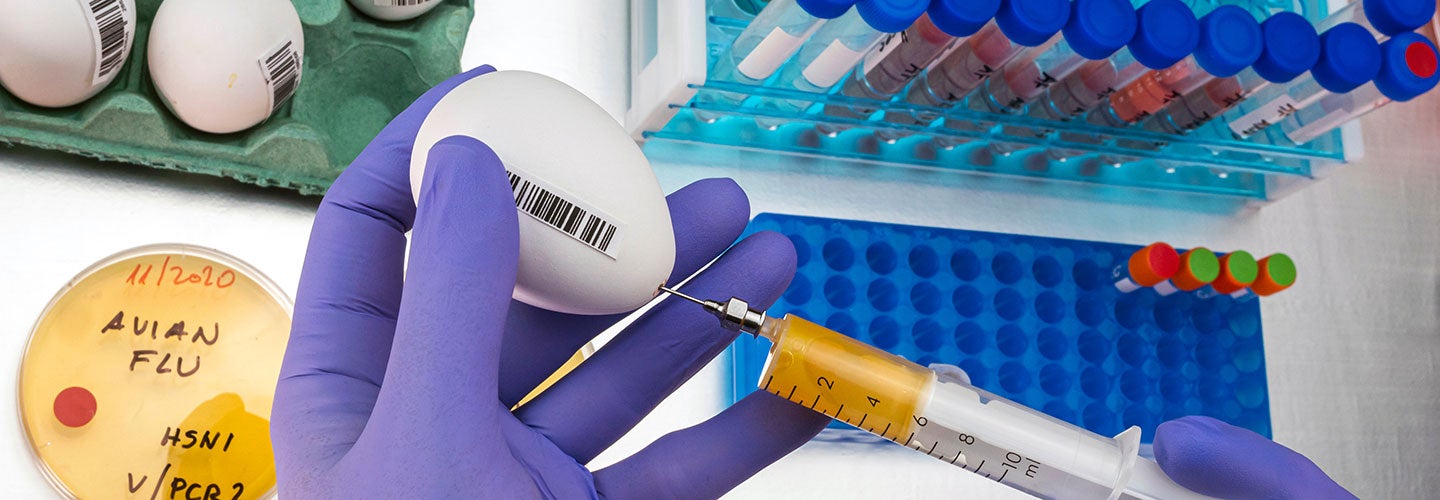
Avian Pathology Laboratory—PADLS
The Avian Pathology service strives to provide the best possible diagnostic service to Pennsylvania and regional producers, hatcheries, service personnel, feed companies, and breeder companies. Over the past decade, the service has expanded to include pet bird cases submitted by regional veterinarian, pigeons, waterfowl, and birds of prey cases submitted by local wildlife organizations, backyard poultry flocks, and exhibition/show birds. Services include avian necropsies, serologic testing, virus isolation, and PCR. The board certified veterinary staff is not only qualified to provide accurate diagnostics but also advise on the treatment, control, and eradication of infectious diseases. Avian field investigation also adds to the array of services available.
Services
The Avian Pathology service provides a variety of tests for accurate diagnosis of avian diseases. Services include:
- Commercial poultry
- Non-commercial poultry
- Backyard flocks
- Wild birds
- Pet birds (Parrots, Cockatiels, Macaws, etc.)
- Exhibition birds
- Avian influenza
- Infectious Bronchitis
- Infectious Bursal Disease
- Infectious Laryngotracheitis
- Paramyxovirus (Newcastle Disease)
- Poxvirus
- Reovirus Viral Arthritis
- Avian influenza
- Infectious bronchitis (IBV)
- Infectious laryngotracheitis (VLT)
- Mycoplasma gallisepticum/Mycoplasma synoviae
- Salmonella Pullorum
- Newcastle disease (NDV)
- Reovirus
- Infectious bursal disease (IBD)
- Avian encephalitis (AE)
- Avian influenza
- Avian paramyxovirus (Newcastle Disease)
- Infectious Bronchitis (IBV)
- Mycoplasma gallisepticum/Mycoplasma synoviae
- Salmonella spp.
- Salmonella serotyping (NEW TEST!)
Research
Research within the Avian Pathology Laboratory focuses on issues related to poultry health and infectious disease pathology and epidemiology. Current topics of interest include:
- Avian influenza
- Salmonella Enteritidis
- Infectious Bronchitis
- Vaccinal Infectious Laryngotracheitis
The laboratory also participates in joint research projects with the University of Pennsylvania Perelman School of Medicine and poultry feed companies. For more information regarding current research projects or to initiate a partnership for additional research, please contact the laboratory.
Education
The expertise of the faculty and staff of the Avian Medicine and Pathology Service accommodates numerous opportunities for training in avian pathology and poultry for both veterinary students and pathology residents. Students and residents working in avian pathology gain hands-on experience by assisting in necropsies, and work one on one with a knowledgeable veterinarian to learn more about specific disease processes.
Finding and Submitting a Test
The state PADLS website provides information on sample requirements and fees and forms to submit samples for testing. Refer to the submission information section for shipping and sample preparation.
Avian Pathology Laboratory Contact Information
Reach out to us, as research investigations are also possible upon request.
Business Hours:
8:00 AM to 4:00 PM, Monday through Friday.
Avian Pathology
Phone: (610) 444-4282 or (610) 925-6710
Fax: (610) 925-6806
For an emergency consultation or after hours diagnostic service, please call (610) 444-5800 to be put in contact a veterinarian.
New Bolton Center
382 West Street Road
Kennett Square, PA 19348
Directions to New Bolton Center
Staff
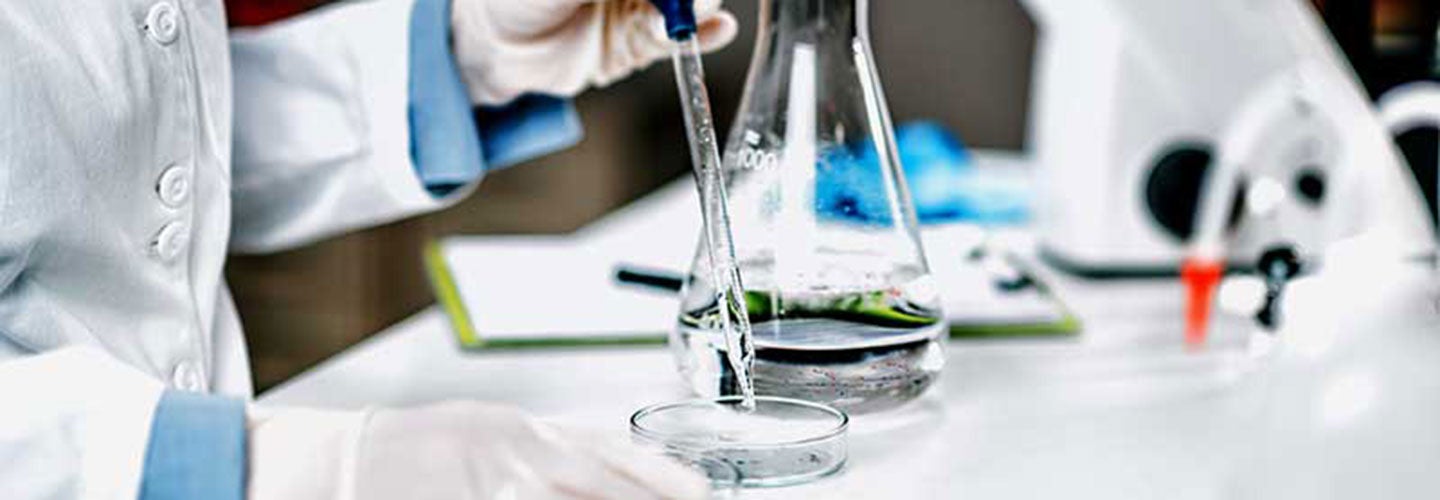
Field Office Lancaster County—PADLS
Located in the northwest part of Lancaster County, the Field Office is a convenient location for veterinarians, farmers, and wildlife rehabilitators living in the western part of the county. The Field Office provides services in both avian pathology and aquaculture including necropsies of birds and fish, and sample drop-off for microbiological testing, serology, and toxicology. Clinical and environmental samples received at the Field Office are taken to New Bolton Center for testing.
Services
The field office receives submissions for variety of testing including:
- Serological testing
- Microbiological testing
- PEQAP testing
- PCR
- Toxicology
The laboratory accepts clinical and environmental samples. Common clinical samples include blood/serum, eggs, culture swabs with transport medium, fluids, tissues, and feces. Environmental samples include feed, swabs, contact plates and water. In addition, a staff veterinarian is available for consultation and field investigation.
For a detailed list of available services, fees, or the submission form, please click on the appropriate link below. To submit samples for testing, please fill out the form below and refer to the submission information section for information on shipping and sample preparation.
Finding and Submitting a Test
The state PADLS website provides information on sample requirements and fees and forms to submit samples for testing. Refer to the submission information section for shipping and sample preparation.
Field Office Lancaster County Contact Information
Samples: All samples must be dropped off at the Field Office. The office is not currently accepting shipped samples.
Business Hours:
8:00 AM to 4:00 PM, Monday through Friday.
Phone: (717) 665-1553
Fax: (610) 925-6806
For an emergency cosultation or after hours diagnostic service, please call (610) 444-5800 to be put in contect a veterinarian.
For directions to the Field Office, please call (717) 665-1553.
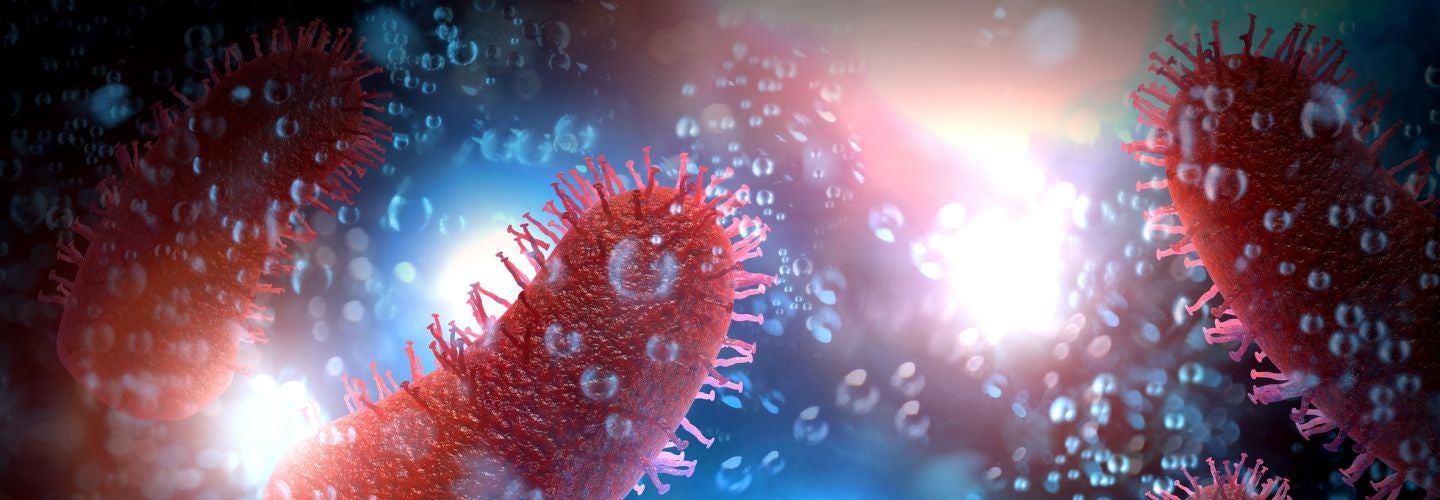
Mammalian Pathology Laboratory—PADLS
The Mammalian Pathology Laboratory Service at New Bolton Center is a constituent of the Pennsylvania Animal Diagnostic Lab System (PADLS) and provides complete autopsy and biopsy services to the patients of New Bolton Center and referrals from veterinarians throughout the state. Out-of-state cases are accepted for an additional fee (see PADLS fee schedule).
Specialties include orthopedic pathology, infectious disease, veterinary forensics, and translational animal models. Various histochemical and immunohistochemical techniques are employed to identify a variety of infectious agents and specific cell components in histology sections.
Services
New Bolton Center’s Mammalian Pathology Service is able to perform autopsies on a wide variety of species, including:
- Horses
- Cattle
- Swine
- Camelids
- Sheep
- Goats
- Dogs and cats
- Exotic (zoo) species
In addition to autopsies, the educated and experienced staff examine surgical biopsies and materials from postmortem exams performed by veterinarians in the field (“field posts”). The laboratory is also equipped to accept endometrial biopsies for evaluation. Tissues should be placed in 10% buffered formalin and submitted in containers and mailers specifically intended for formalin fixed specimens.
Immunohistochemistry (IHC) is the process of detecting antigens in cells by binding a labeled antibody to the antigen. This technique enables the identification of more than 30 infectious agents, including viruses, bacteria, and protozoa within the tissues of an animal.
- Avian influenza
- Bovine Viral Diarrhea — ear notches
- Canine Distemper
- Chronic Wasting Disease
- Listeria monocytogenes
- Porcine Respiratory & Reproductive Syndrome
- Toxoplasma gondii
- West Nile viruss
The immunohistochemical technique also enables detection antigens expressed by neoplastic tissue (tumor antigens).
Research
Research within the Mammalian Pathology Laboratory focuses on issues related to animal health and disease. Current topics of interest include:
- Orthopedic disease (multiple species)
- Equine and bovine laminitis
- Equine intestinal microbiome and gastrointestinal disease
For more information regarding current research projects or to initiate a partnership for additional research, please contact the laboratory.
Education
The expertise of the faculty and staff of the Mammalian Pathology Laboratory Service accommodates numerous opportunities for training in large animal pathology and anatomy for both veterinary students and pathology residents. Students and residents working in large animal pathology gain hands-on experience by assisting in necropsies, observing histopathology, and working one on one with a knowledgeable pathologist to learn more about specific disease processes.
In addition, the service accepts intramural and extramural externs to fulfill board certification requirements. Senior veterinary students from other schools are also welcome as externs. To learn more about the opportunities available for pathology residents and pre-veterinary and veterinary students, please contact the laboratory.
Finding and Submitting a Test
The state PADLS website provides information on sample requirements and fees and forms to submit samples for testing. Refer to the submission information section for shipping and sample preparation.
Mammalian Pathology Laboratory Contact Information
Business Hours:
8:00 AM to 5:00 PM, Monday through Friday.
Mammalian Pathology
(610) 925-6232
Immunohistochemistry
(610) 925-6391
Fax: (610) 925-6810
For an emergency consultation or after hours diagnostic service, please call (610) 444-5800 to be put in contact a veterinarian.
New Bolton Center
382 West Street Road
Kennett Square, PA 19348
Directions to New Bolton Center
Staff
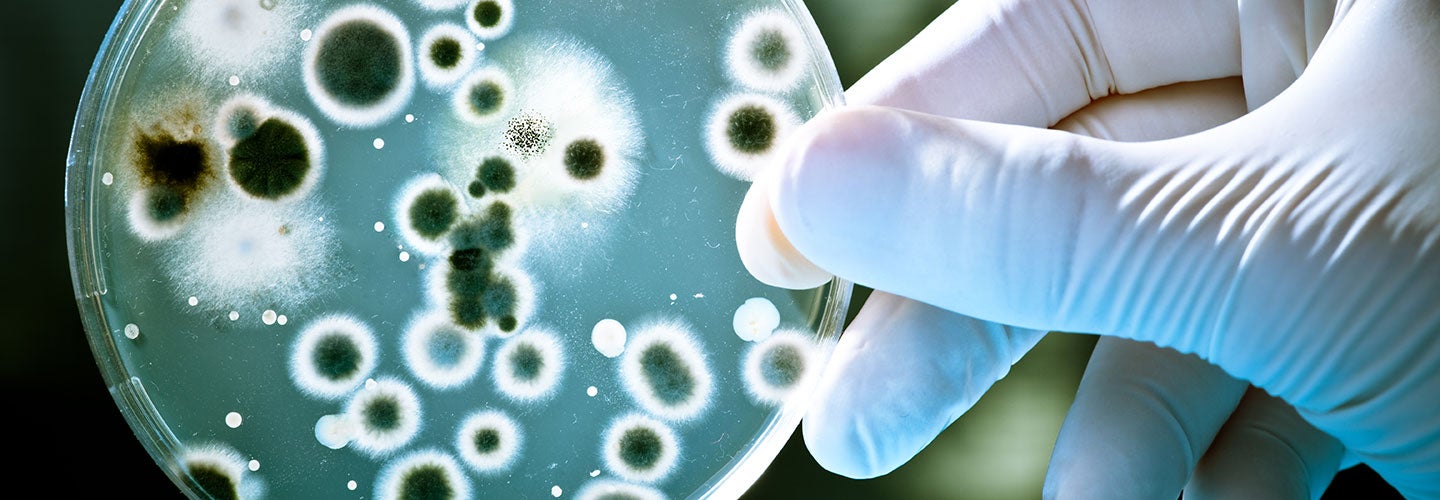
Microbiology Laboratory—PADLS
The microbiology laboratory is separated into three subgroups: Clinical Microbiology, Molecular Microbiology, and PEQAP.
Located in the Myrin Building on the New Bolton Center campus, the Clinical Microbiology laboratory is equipped with the latest technology and a knowledgeable support staff to provide diagnostic microbiology testing. Consultation and field investigation are also available. Testing includes aerobic, anaerobic, and fungal culture, and antibiotic susceptibility testing.
Molecular Microbiology uses sophisticated techniques to isolate and identify viruses and bacteria including polymerase chain reaction (PCR) and real-time reverse transcriptase-PCR. These methods are commonly used to identify Avian Influenza, Salmonella spp., and Streptococcus equi (Strangles).
In addition to standard microbiological testing, the microbiology laboratory also performs egg testing as part of the Pennsylvania Egg Quality Assurance Program (PEQAP) and the FDA Egg Safety Rule. Farms that participate in these programs demonstrate their concern about food safety and produce a quality egg which helps to assure consumer confidence in eggs.
Molecular Microbiology
The Molecular Microbiology lab employs the use of Polymerase Chain Reaction (PCR) and real-time reverse transcriptase-PCR (RRT-PCR) to identify mammalian and avian bacterial and viral pathogens. Specific pathogens that can be identified include:
- Avian influenza
- Avian paramyxovirus (Newcastle Disease)
- Infectious Bronchitis Virus
- Mycoplasma
- Salmonella spp.
- Streptococcus equi (Strangles)
Polymerase chain reaction is a biochemical technology in molecular biology used to amplify a single or few copies of a piece of DNA or RNA. This allows for the presence of an organism in a sample to be confirmed. PCR detects both live and dead organisms. Cotton, Dacron, or polyester swabs are acceptable samples.
Pennsylvania Egg Quality Assurance Program (PEQAP)
The Pennsylvania Egg Quality Assurance Program (PEQAP) is a voluntary certification program for egg producers and processors intended to minimize Salmonella enteritidis (SE) contamination of chicken eggs. Basic preventative measures include placement of SE clean chicks, intensive rodent control, cleaning & disinfecting between flocks, and environmental monitoring. To become a member of PEQAP or for more information, please visit the Pennsylvania Department of Agriculture website. Testing required by the FDA Egg Safety Rule is also performed at the PEQAP laboratory.
The microbiology laboratory at New Bolton Center supports this program by performing SE testing on a routine basis.
Finding and Submitting a Test
The state PADLS website provides information on sample requirements and fees and forms to submit samples for testing. Refer to the submission information section for shipping and sample preparation.
Microbiology Laboratory Contact Information
Business Hours:
8:00 AM to 5:00 PM, Monday through Friday.
Clinical Microbiology
Phone: (610) 925-6156
Fax: (610) 925-6816
Molecular Microbiology
Phone: (610) 925-6178
Fax: (610) 925-6816
PEQAP
Phone: (610) 925-6154
Fax: (610) 925-6770
For after hours diagnostic service, please call (610) 444-5800 to be put in contect with the veterinarian on duty.
New Bolton Center
382 West Street Road
Kennett Square, PA 19348
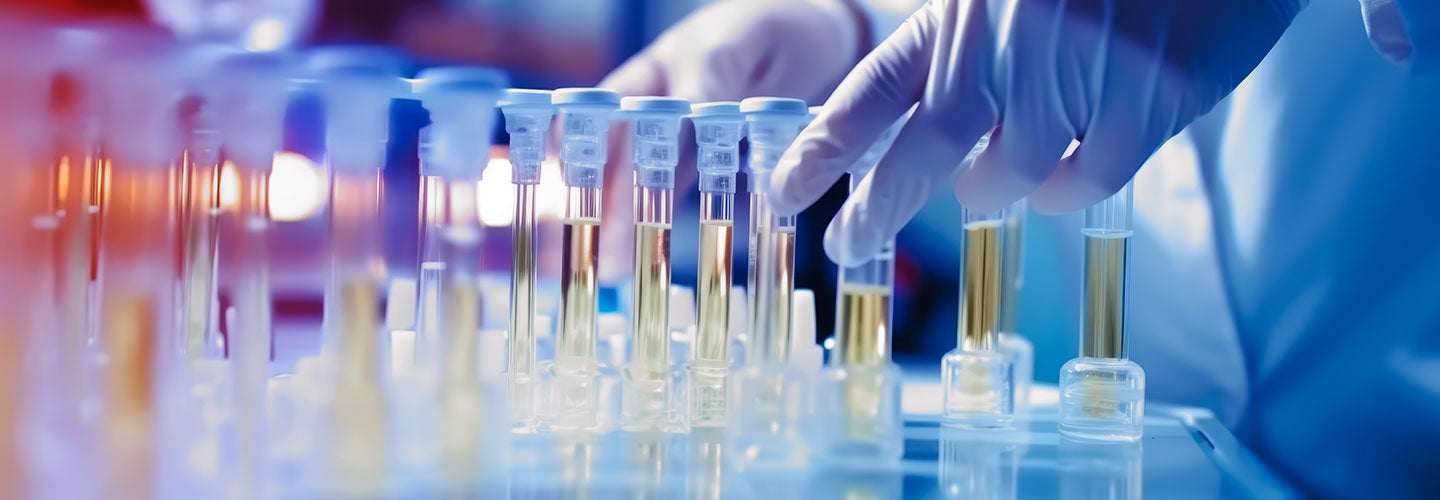
Toxicology Laboratory PADLS
Located in the Myrin Building on the New Bolton Center campus, the toxicology laboratory is equipped with the latest technology and a knowledgeable support staff to provide full veterinary diagnostic toxicology services. Animals can be exposed to toxic chemicals in a number of ways: ingestion of contaminated feed or foreign objects, inhalation, or skin contact. Through identification of such toxic chemicals, the toxicology laboratory helps to diagnose and prevent toxicosis in agricultural animals, pets, and wildlife. In addition to toxins, the laboratory has the ability to identify the levels of nutritionally relevant compounds including metals and vitamin E in animal samples.
Services
The PADLS Toxicology Laboratory at New Bolton Center provides a full veterinary diagnostic toxicology service to the Commonwealth of Pennsylvania. The Laboratory provides:
- A broad spectrum of analyses for both natural and man-made toxicants including mycotoxins, drugs, environmental contaminants, insecticides, rodenticides, anions, and metals performed on a variety of sample matrices.
- A broad spectrum of analyses for nutritionally relevant compounds including metals (selenium, copper, zinc, etc.) and vitamin E in animal samples.
- Case consultations.
- Assistance in field investigation of suspected toxicoses.
- An active method development program for new or emerging toxicants, markers of nutritional status and chemical food contaminants.
Research
Research within the Toxicology Laboratory focuses on issues related to environmental contaminants. Contaminants of interest include:
- Freshwater algal toxins
- Lead and mercury
- Anticoagulant rodenticides
- Animal decontamination related to natural and man-made disasters
For more information regarding current research projects or to initiate a partnership for additional research, please contact the laboratory.
Finding and Submitting a Test
The state PADLS website provides information on sample requirements and fees and forms to submit samples for testing. Refer to the submission information section for shipping and sample preparation.
Toxicology Laboratory Contact Information
Business Hours:
8:00 AM to 4:00 PM, Monday through Friday.
Toxicology
Phone: (610) 925-6244
Fax: (610) 925-6817
For after hours diagnostic service, please call (610) 444-5800 to be put in contect with the veterinarian on duty.
New Bolton Center
382 West Street Road
Kennett Square, PA 19348
Directions to New Bolton Center








